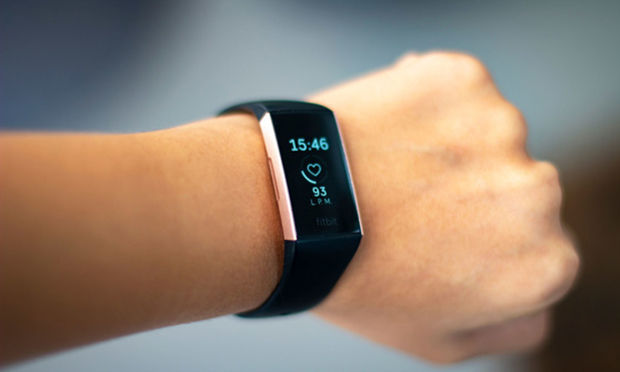[ad_1]
As healthcare continues to shift towards the use of digital information, healthcare organizations must evolve their practices to meet their responsibilities to their patients and to ensure compliance with laws and regulations. For the benefits of digitized health services to materialize, companies must ensure the security of their patient data. New health technologies will result in a greater amount of information accumulated by organizations, which will require more trust from patients.
Big data and the Internet of Things have broadened the scope of collecting health information. Wearable technologies, such as watches, bracelets, rings, and phone apps can detect heart rate, activity, location, blood pressure, oxygen levels, fertility, and other statistics of a carrier. Constant monitoring of vital statistics gives healthcare providers a more detailed picture of the health of their patients, but also results in more patient data in the hands of healthcare organizations.
[ad_2]

